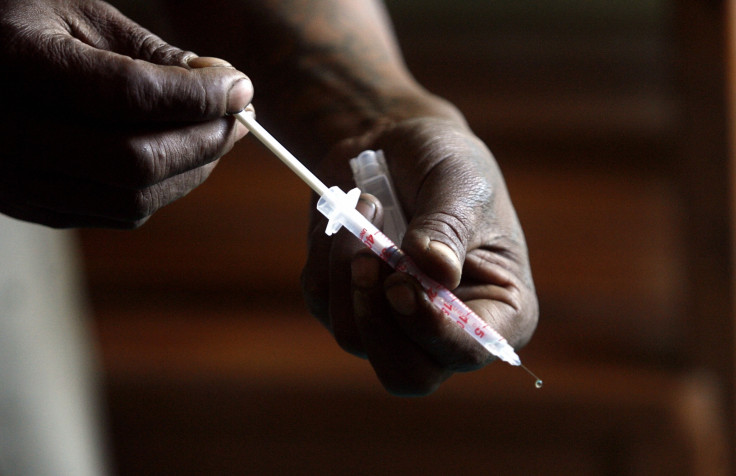Myanmar Drug Problem So Severe Heroin Syringes Used as Currency
80% of young people in some Myanmar regions estimated to be addicted to heroin

Heroin use is so common in parts of Myanmar that syringes are used instead of currency, according to a report.
The escalating drug problem along the Myanmar-China border has become so severe it has been described as "Asia's worst heroin epidemic".
According to a report by the Kachin Women's Association of Thailand, one of the main reasons for this drug's use is the Burmese government's policy of allowing militia to produce heroin and other drugs in exchange for fighting against the Kachin Independence Army (KIA).
The report, entitled Silent Offensive, details the scale of the heroin problem in some regions of Myanmar, especially in the remote borderland states of Shan and Kachin.
One small detail in the 47-page report, first reported by Global Post, notes that heroin use is so common that attendants in some petrol stations in these areas that give out clean needles and sterile water (used to turn powered heroine into an injectable liquid) instead of small change.
Global Post reported that customers prefer a clean syringe or distilled water instead of a few "worthless, stained, taped-up bills".
The reports also details how that the heroin epidemic is affecting young people in Kachin State. One student at a Myitkyina university estimates that about 30% of students are injecting drug users.
"A lot of syringes were found in the toilets, mostly in the men's toilets," he said. "Some students even dare to carry the syringes in their bags to class. Once, I saw a student take a pen from his bag to write, but instead he took out a syringe from his bag by mistake.
"The students buy and sell drugs in the campus like a marketplace. They use secret signs. Other people from outside also come to sell drugs at the campus, pretending to be students."
School students in Myitkyina said it was not uncommon to find needles floating in high school toilets.
The Kachin Baptist Convention, a local Christian network, believes the problem could be much worse in the area, estimating 80% of young people in Kachin are drug addicts.
"Where we live, police can barely reach us. So people make up the law themselves," a spokeswoman for an anti-drug vigilante group told the Global Post.
"In many villages, every home contains an addict," she said. "We all have personal tragedies. My husband and son got hooked and sold everything in the house — even bags of rice."
© Copyright IBTimes 2025. All rights reserved.




















